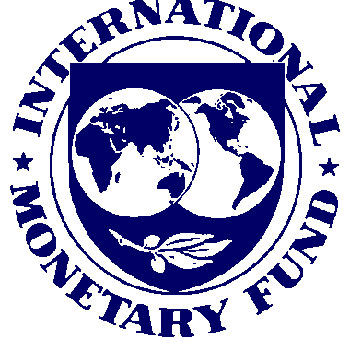Strengthened IMF meets to consider global economy's future
 Istanbul - There has been at least one winner from the year's devastating financial crisis: The International Monetary Fund (IMF) has been given a new lease on life.
Istanbul - There has been at least one winner from the year's devastating financial crisis: The International Monetary Fund (IMF) has been given a new lease on life.
As the IMF holds its annual meeting this week together with the World Bank in Istanbul, finance ministers and central bank heads from around the world will discuss how these institutions should make the most of their rediscovered clout.
Leaders of the Group of 20 (G20), a bloc of advanced and developing countries, have endorsed the IMF as both a crucial monitor of the global economy and a lender of last resort to governments in crisis.
This is a far cry from two years ago, when the IMF was low on both credibility and cash. It handed out about 1 billion dollars in 2007 and its loans were known to come with stringent policy conditions attached.
Asian and Latin American nations especially shunned its services, after the IMF shared blame for mismanaging crises in Argentina and Asia during the 1990s.
All that began to change after last September, as the collapse of US investment bank Lehman Brothers Holdings set off a chain of events that plunged the globe into its worst recession in seven decades.
The IMF has loaned out more than 160 billion dollars since the start of the financial crisis to more than 15 governments facing massive budget shortfalls. At a London summit in April, the G20 tripled the IMF's future lending resources to 750 billion dollars.
In an internal review released Sunday, the IMF said its programmes had played a critical role in helping countries weather the global downturn of the past year. It had learned the lessons of the past, relaxing loan conditions and allowing governments to spend more freely in order to prop up their economies.
"With IMF support, many of the severe disruptions characteristic of past crises have so far been either avoided or sharply reduced," said IMF Managing Director Dominique Strauss-Kahn.
At its latest summit last week in Pittsburgh, Pennsylvania, the G20 also bolstered the IMF's role as a global watchdog. The IMF will be tasked with managing a "peer review" of the G20's economic policies designed to keep the global economy in better balance.
Imbalances helped lead to the current crisis: Asian governments built up massive reserves that fuelled a dangerous desire in the United States to run high debts. The US says others can no loner expect the US consumer to fuel world growth: China especially must reduce its reliance on exports and boost domestic demand.
The G20 governments agreed to work toward a more balanced growth model. The IMF's job will be to keep them honest, though there is no punishment if governments don't listen to its recommendations. The details of the IMF's role will be fleshed out this week in Istanbul.
For world leaders the bolstered IMF and World Bank, as well as other institutions like the Financial Stability Board, are part of an effort to cooperate more closely on a whole host of economic issues, including trade, currency imbalances and financial regulation.
"If there's any lesson that's come out of the financial crisis, it's that all these issues are interconnected," said World Bank President Robert Zoellick. (dpa)